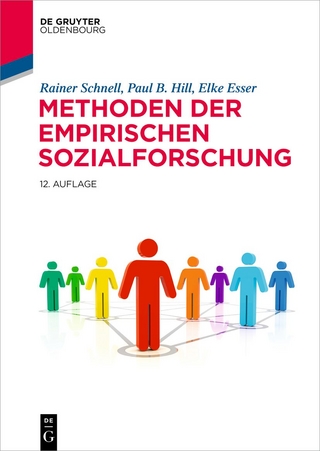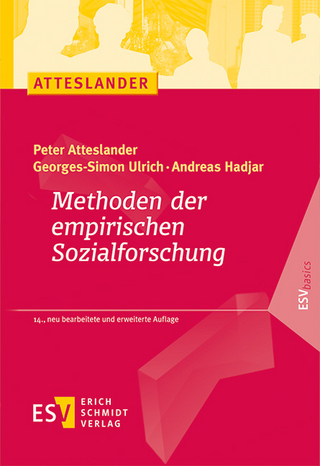
Lineages of Modernity
Polity Press (Verlag)
978-1-5095-3447-0 (ISBN)
In this major new book, the leading sociologist, historical anthropologist and demographer Emmanuel Todd sheds fresh light on our current predicament by reconstructing the historical dynamics of human societies from the Stone Age to the present. Eschewing the tendency to attribute special causal significance to the economy, Todd develops an anthropological account of history, focusing on the long-term dynamics of family systems and their links to religion and ideology – what he sees as the slow-moving, unconscious level of society, in contrast to the conscious level of the economy and politics. He also analyses the dramatic changes brought about by the spread of education. This enables him to explain the different historical trajectories of the advanced nations and the growing divergence between them, a divergence that can be observed in such phenomena as the rise of the Anglosphere in the modern period, the paradox of a Homo americanus who is both innovative and archaic, the startling electoral success of Donald Trump, the lack of realism in the will to power shown by Germany and China, the emergence of stable authoritarian democracy in Russia, the new introversion of Japan and the recent turbulent developments in Europe, including Brexit.
This magisterial account of human history brings into sharp focus the massive transformations taking place in the world today and shows that these transformations have less to do with the supposedly homogenizing effects of globalization and the various reactions to it than with an ethnic diversity that is deeply rooted in the long history of human evolution.
Emmanuel Todd is a sociologist, demographer and historical anthropologist at the National Institute of Demographic Studies (INED), Paris. He was one of the first scholars to predict the collapse of the Soviet Union and is the author of many bestselling books, including After the Empire and Who Is Charlie?
Preface to the English edition
Introduction. The differentiation of family structures and the inverse model of history
Chapter One. The differentiation of family systems: Eurasia
Chapter Two. The differentiation of family systems: Indian America and Africa
Chapter Three. Homo sapiens
Chapter Four. Judaism and early Christianity: family and literacy
Chapter Five. Germany, Protestantism and universal literacy
Chapter Seven. Educational take-off and economic development
Chapter Eight. Secularization and the crisis of transition
Chapter Nine. The English matrix of globalization
Chapter Ten. Homo americanus
Chapter Eleven. Democracy is always primitive
Chapter Twelve. Democracy undermined by higher education
Chapter Thirteen. A crisis in Black and White
Chapter Fourteen: Donald Trump as will and representation
Chapter Fifteen. The memory of places
Chapter Sixteen. Stem family societies: Germany and Japan Chapter Seventeen. The metamorphosis of Europe
Chapter Eighteen. Communitarian societies: Russia and China
Envoi
Post-script: the future of liberal democracy
Notes
Index
| Erscheinungsdatum | 07.05.2019 |
|---|---|
| Verlagsort | Oxford |
| Sprache | englisch |
| Maße | 155 x 229 mm |
| Gewicht | 794 g |
| Themenwelt | Sozialwissenschaften ► Ethnologie |
| Sozialwissenschaften ► Politik / Verwaltung | |
| Sozialwissenschaften ► Soziologie ► Empirische Sozialforschung | |
| ISBN-10 | 1-5095-3447-4 / 1509534474 |
| ISBN-13 | 978-1-5095-3447-0 / 9781509534470 |
| Zustand | Neuware |
| Informationen gemäß Produktsicherheitsverordnung (GPSR) | |
| Haben Sie eine Frage zum Produkt? |
aus dem Bereich


